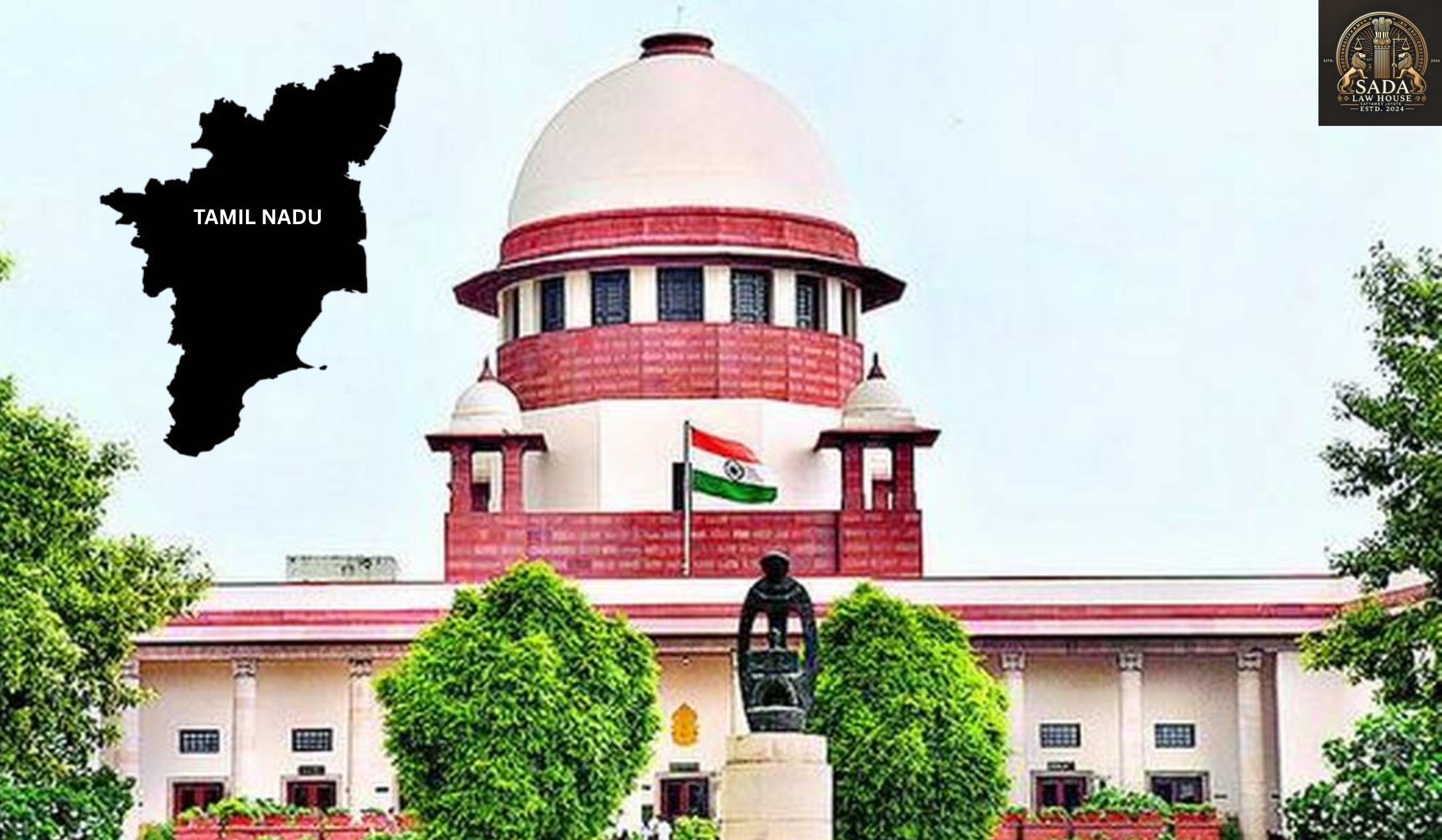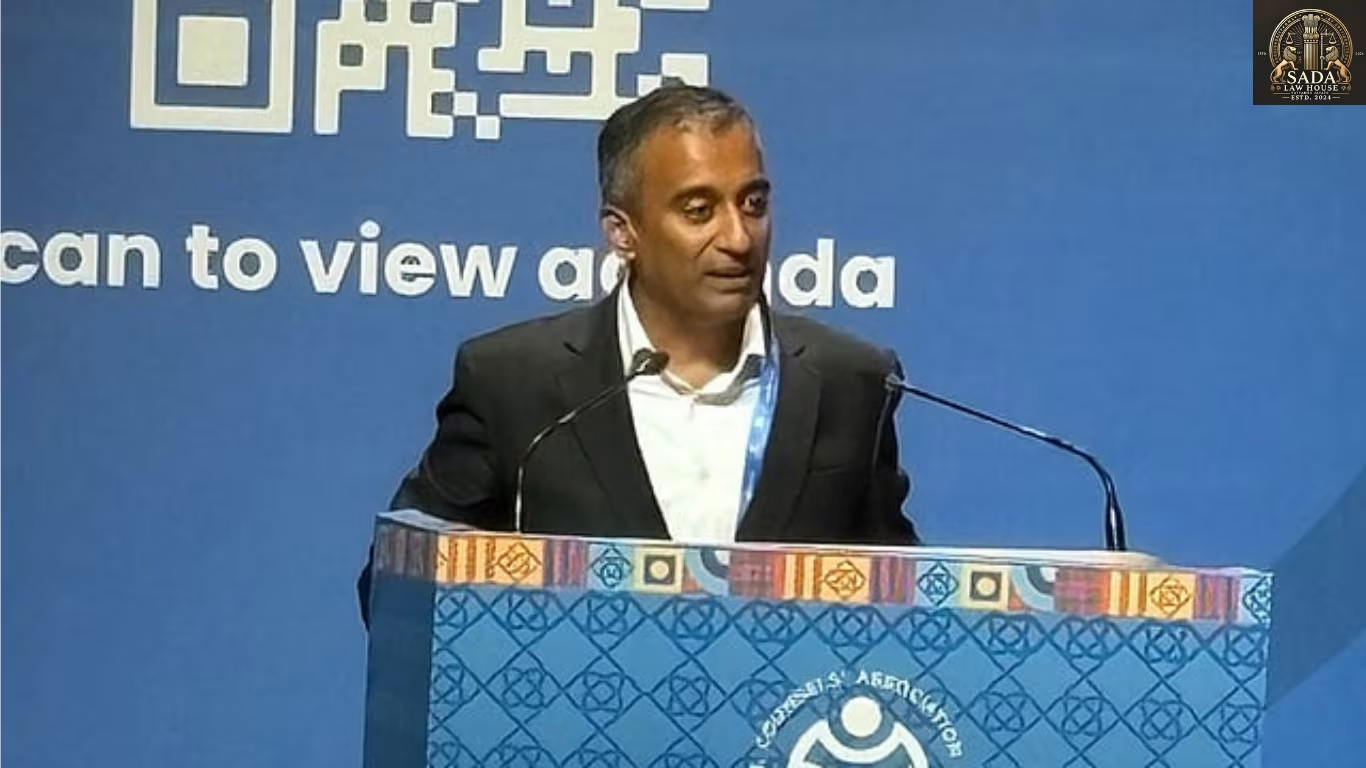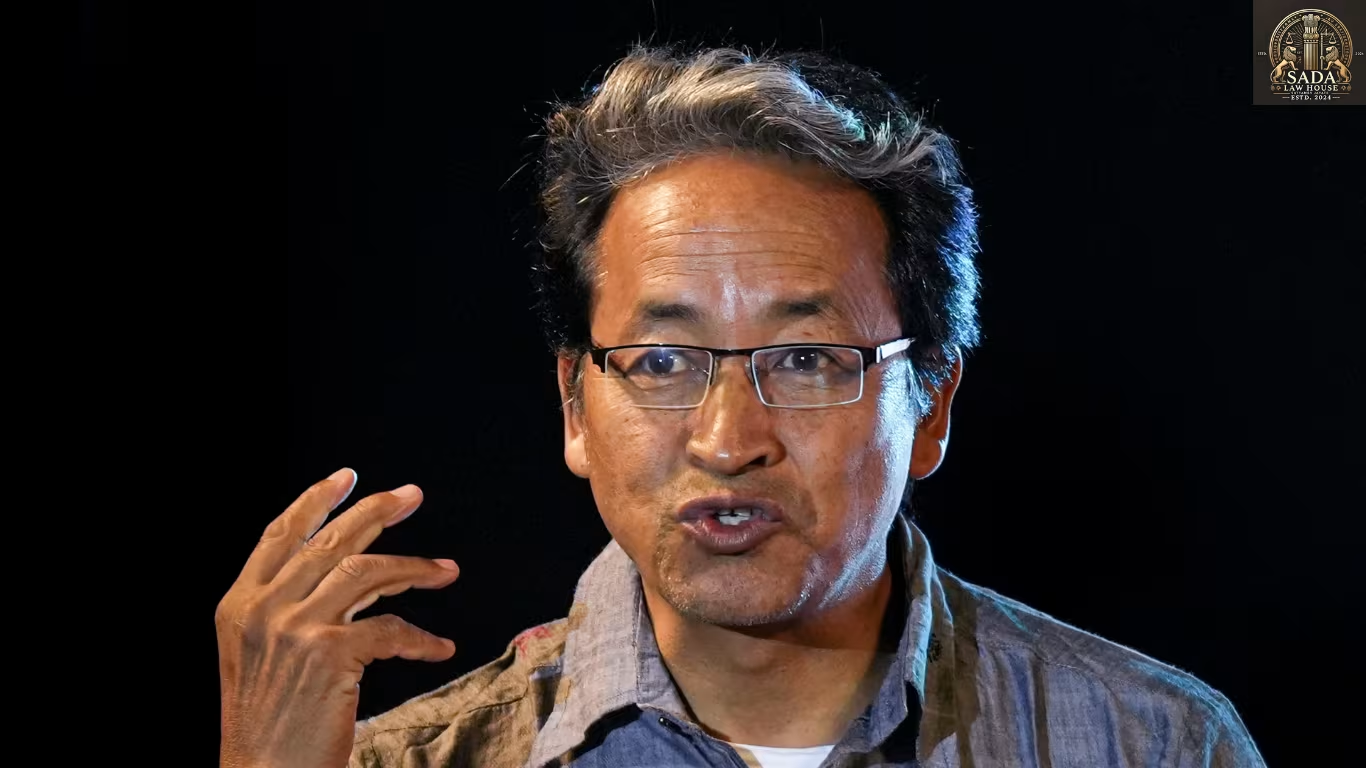Supreme Court Seeks Centre’s Reply to Tamil Nadu Plea on EWS Quota Reimbursements
- Kashak Agarwala
- 01 SEPTEMBER 2025

The Supreme Court has sought the Union government’s response to Tamil Nadu’s plea against a Madras High Court order directing the State to reimburse nearly ₹315 crore to private schools for admitting Economically Weaker Section (EWS) students under the Right to Education (RTE) Act, despite the Centre not releasing its share of funds.
Introduction
On 1 September 2025, a Supreme Court bench of Justices Vikram Nath and Sandeep Mehta issued notice to the Union government in a case that pits Tamil Nadu against the Centre over financial responsibilities under the RTE Act. The matter, arising from a High Court ruling mandating reimbursements to private schools, raises critical questions about fiscal federalism in education. The Court will next hear the case on 29 September.
High Court’s Ruling
On 10 June 2025, the Madras High Court ruled that Tamil Nadu could not cite the Centre’s failure to release funds as a reason to delay reimbursements. Relying on Section 12(2) of the RTE Act, the Court ordered the State to pay ₹314.98 crore to private schools for fulfilling the 25% EWS reservation in entry-level classes.
Tamil Nadu’s Stand
Shared Responsibility: Senior Advocate P. Wilson, appearing for Tamil Nadu, argued that Section 7 of the RTE Act makes both Centre and States jointly responsible for funding.
Centre’s Default: The Union has not released its share since 2021, creating financial strain on Tamil Nadu’s budget.
Judicial Overreach: The State contended that the High Court went beyond the scope of the writ petition, which was about admissions, by issuing binding financial directions.
Statutory Arguments
Tamil Nadu’s petition, filed by Advocate Sabarish Subramanian, stressed the interplay between key provisions:
Section 12(2): Obligates States to reimburse private schools for EWS admissions.
Sections 7(2), 7(3), 7(5): Impose a duty on the Centre to contribute proportionally to RTE funding.
The State argued that reading Section 12(2) in isolation would nullify Section 7, producing an “absurd result” where the Centre escapes its statutory responsibility.
Analysis
Fiscal Federalism on Trial
The dispute highlights ongoing tensions over financial accountability between Centre and States in implementing welfare schemes.Balancing Statutory Duties
The case requires judicial clarity on whether Centre–State cost-sharing under the RTE Act is mandatory or discretionary.Education and Equity
At stake is not just funding but the sustainability of EWS admissions in private schools, a key mechanism to ensure inclusivity in education.
What Lies Ahead
Supreme Court: Will consider whether the Centre’s financial contribution under Section 7 is enforceable, or whether States bear exclusive responsibility.
Centre’s Reply: Its stance will determine whether this becomes a precedent on Centre–State cost-sharing in education schemes.
Broader Impact: A ruling against Tamil Nadu could shift the reimbursement burden entirely onto States, affecting the viability of RTE implementation nationwide.
Conclusion
By seeking the Centre’s reply, the Supreme Court has placed the spotlight on the financial architecture of the RTE Act. The case represents a crucial test of fiscal federalism—whether the Union can shirk its statutory role, or whether shared responsibility remains the bedrock of inclusive education.






